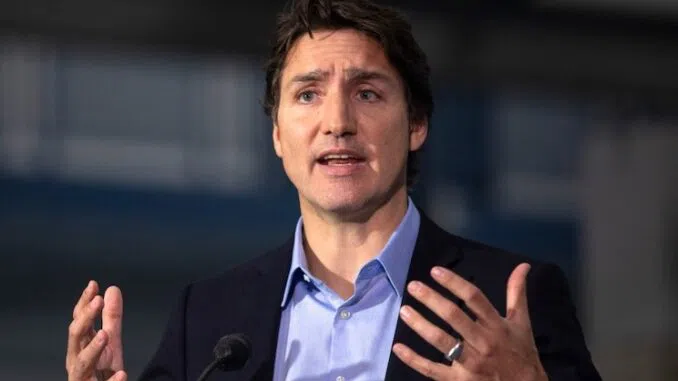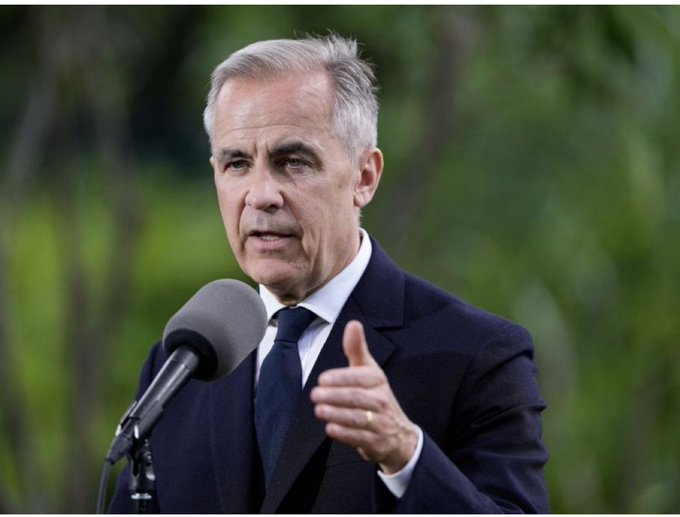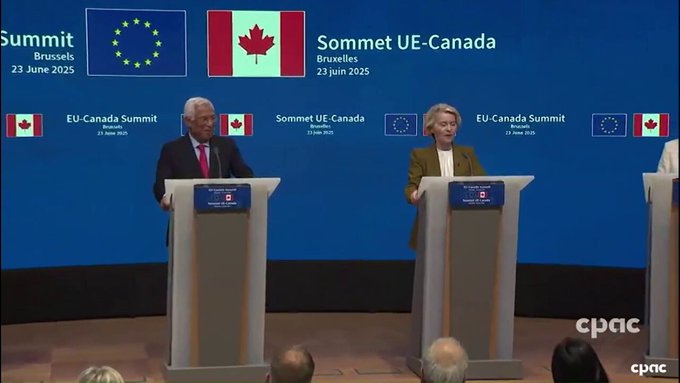In recent news, Canadian Prime Minister Justin Trudeau announced a new $5.5 million funding initiative aimed at supporting Canadian media organizations to combat “fake news” and disinformation. The announcement has sparked controversy and debate among media experts and free speech advocates, who question the implications of government funding on independent media and the risk of censorship.
At Opinion Canada, we believe in the importance of a free and diverse media landscape that serves the public interest, and we recognize the challenges faced by media organizations in the digital age. However, we also acknowledge the complex and nuanced nature of the issues at stake, and we aim to provide a balanced and informed perspective on the topic.
The Case for Government Funding
Proponents of government funding for media argue that it can help to ensure the sustainability and quality of media content, particularly in the face of declining revenue and increased competition from digital platforms. They also contend that government funding can support media diversity and accessibility, particularly for underrepresented communities and regions, and promote public trust in media institutions.
Moreover, they argue that government funding can help to counter the spread of fake news and disinformation, which pose a threat to democratic values and social cohesion. By providing support for fact-checking, investigative journalism, and media literacy programs, government funding can contribute to a more informed and engaged citizenry, and prevent the manipulation of public opinion.
The Risks of Government Funding
However, opponents of government funding for media raise several concerns about the potential risks and drawbacks of such an approach. One of the main concerns is the risk of political interference and censorship, as government funding may come with conditions or expectations regarding editorial content and tone.
Furthermore, opponents argue that government funding may undermine the independence and credibility of media organizations, by creating a perception of bias or favoritism, and reducing their accountability to the public. They also contend that government funding may distort the market for media services, by creating unfair competition and crowding out private or non-profit media outlets.
Finding a Balance
Given these competing arguments, it is clear that there is no easy or straightforward answer to the question of government funding for media. Instead, a nuanced and context-specific approach is needed, which takes into account the diverse interests and values at stake, and balances the benefits and risks of different funding models.
At Opi9nion-Canada, we believe that such an approach should be guided by several principles, including transparency, accountability, editorial independence, and respect for diversity and plurality. We also believe that it should involve a broad range of stakeholders, including media organizations, civil society groups, academic experts, and government representatives, who can provide diverse perspectives and insights.
Ultimately, the goal of government funding for media should be to promote the public interest, by ensuring the availability and quality of diverse and independent media content and fostering a culture of critical thinking and informed citizenship. This requires a long-term and collaborative effort, which recognizes the complexity and value of media as a cornerstone of democracy and human rights.
Conclusion
In conclusion, the announcement of the new $5.5 million funding initiative for Canadian media by Prime Minister Justin Trudeau has sparked a heated debate about the role of government in supporting independent media and countering fake news and disinformation. While there are valid arguments on both sides of the issue, we believe that a balanced and informed approach is needed, which takes into account the diverse interests and values at stake, and promotes the public interest and democratic values.
We hope that our article has provided a useful and informative perspective on this important and timely topic, and we welcome your feedback and comments. Let’s continue the conversation and work together to ensure a vibrant, diverse, and independent media landscape for all.










